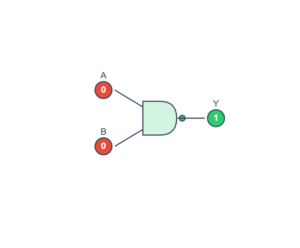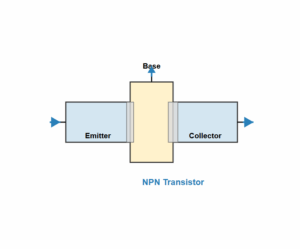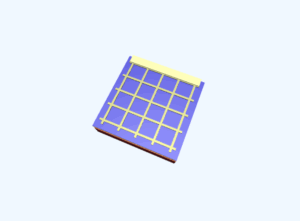Photodiode Operation Modes
Example 14.6: The current in the forward bias is known to be more (~mA) than the current in the reverse bias (~µA). What is the reason then to operate the photodiodes in reverse bias?
Majority Carriers (n-type)
Without light: 10¹⁶ cm⁻³
With light: 10¹⁶ + Δn cm⁻³
Fractional change: Δn/10¹⁶
Minority Carriers (n-type)
Without light: 10⁴ cm⁻³
With light: 10⁴ + Δp cm⁻³
Fractional change: Δp/10⁴
Solution:
Carrier concentrations under illumination:
\[ n' = n + \Delta n \]
\[ p' = p + \Delta p \]
Where:
\( n' \) = electron concentration with light
\( p' \) = hole concentration with light
\( n \) = electron concentration without light
\( p \) = hole concentration without light
\( \Delta n = \Delta p \) = photogenerated carriers
Since \( n \gg p \), the fractional change in minority carriers (\( \Delta p/p \)) is much larger than the fractional change in majority carriers (\( \Delta n/n \)).
Therefore, the photo-effect on the minority carrier dominated reverse bias current is more easily measurable than the forward bias current.



